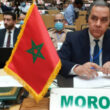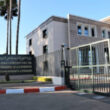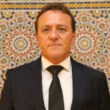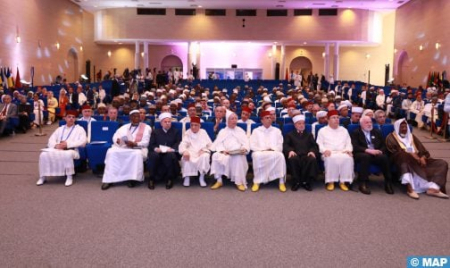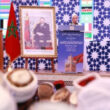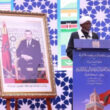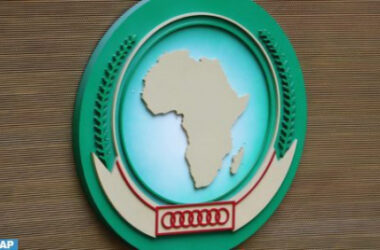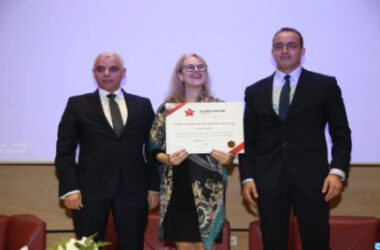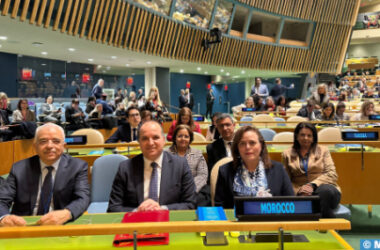Speaking at the opening of an international symposium on “Fatwa rules in the African context” organized by the Mohammed VI Foundation of African Ulama, Yessef stressed that the fatwa occupies a predominant place in society as the bearer of “orientations, directives and reforms.”
In this context, he described the Mufti as a “therapist of the spirit, soul and mind”, explaining that the impact of the fatwa is not limited to the issues it addresses, but remains a permanent reference of fiqh (jurisprudence) for posterity.
The Secretary General of the Supreme Council of the Ulema stressed that the institutionalization of the practice of fatwa is the cornerstone of the uniqueness of the Moroccan model in this field, as the Supreme Council of the Ulema, chaired by His Majesty King Mohammed VI, Commander of the Faithful, is the exclusive body responsible for issuing fatwas on current issues.
The Kingdom of Morocco, under the leadership of His Majesty the King, has organized the religious field in such a way as to give the Supreme Council of the Ulema the exclusive authority to issue fatwas through a scientific commission that works collegially to rule on the questions submitted to it, which distinguishes it from the “opinions” of jurisprudence issued by individual ulema, he explained.
The Secretary General of the Supreme Council of Ulema considered the symposium, which brings together ulema from all over the Islamic world, as an important historical event that will mark a milestone in the evolution of Islamic jurisprudence and contribute to the development of reflection on issues related to the practice of fatwa.
He also expressed the hope that the proceedings of the symposium would lead to a roadmap for the rules of fatwa in the African context.
This colloquium is being held in application of the recommendations of the High Council of the Mohammed VI Foundation of African Ulema, which held its 4th session in Fez on October 19-20, 2002, concerning the organization of colloquia on the practice of fatwa in Africa.


